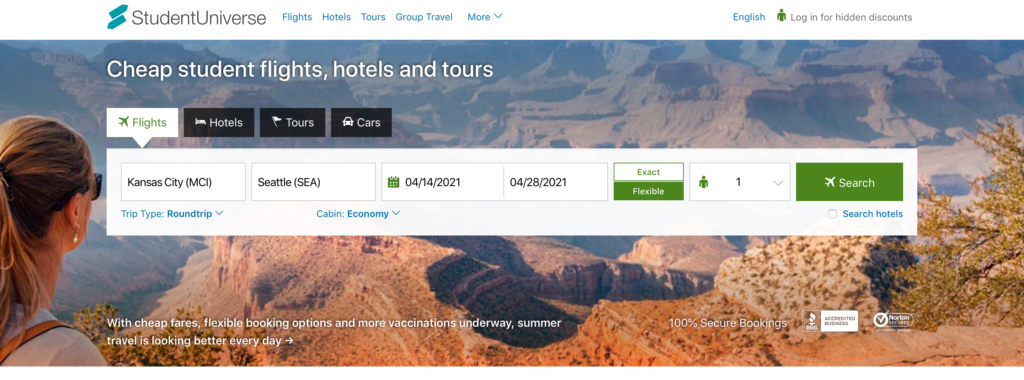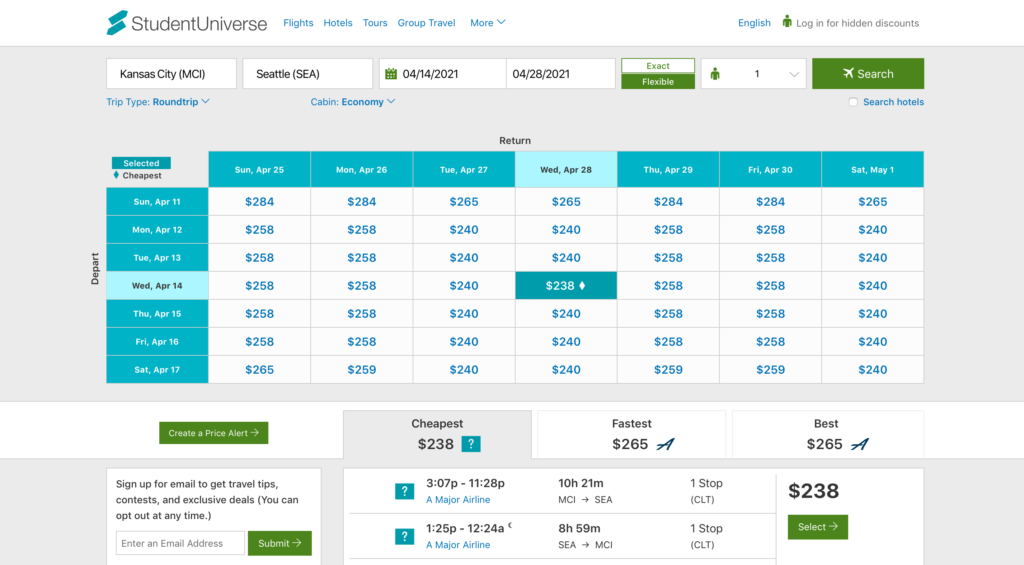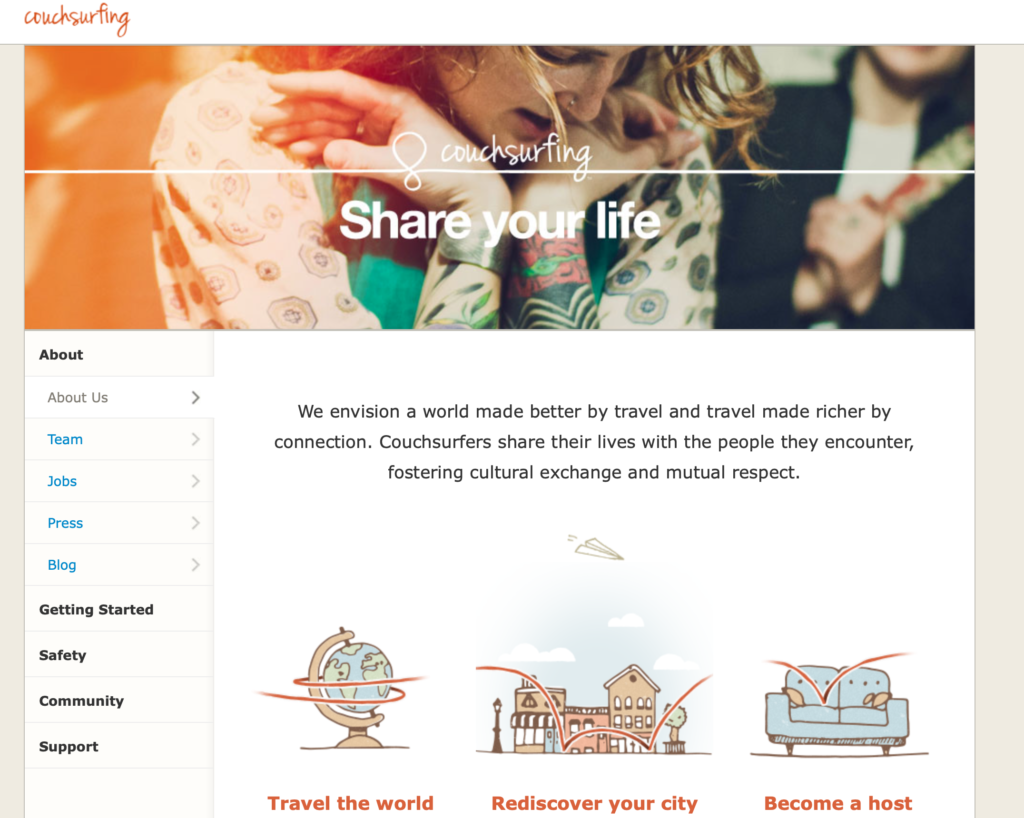
In just over a month, Drury University sophomore Danny Behlmann will hop on a plane, travel to Germany, and make money in the process. Behlmann studies intercultural sciences and foreign language while at Drury, therefore his education revolves around the importance of travel.
Behlmann agrees that all students should have the opportunity to travel, and there are methods to overcome the obstacles along the way. “The biggest struggle right now is the question of money,” Behlmann states. “But as my aunt told me, and has been my mantra for a year now: Money comes, and money goes. Taking the trip is not something you are going to regret.”
This is why Behlmann decided to spend his summer in Germany teaching English. He is able to stay in discounted student housing through a religious organization, allowing him to make money as he teaches.
For many college students, this may not be possible or desirable, so Behlmann offers his top five tips for how college students can travel on a budget.

1: Take advantage of your student status.
“There are a lot of opportunities for students, especially to travel,” explains Behlmann. “Aside from internships and classes you can take at other universities, there are also organizations that are very generous to students.”
One great resource that Behlmann recommends is StudentUniverse. “That is specifically for flights. Nine times out of 10, the most expensive part of the trip is going to be the plane ticket. Two-thirds of your plane ticket is also taxes, but StudentUniverse will give you discounts, compare different airlines, and they will give you the best rate.”

2. Travel light.
“Take what you need and try to carry-on. Checking a bag is expensive, but carry-on is free on most airlines. Airlines such as Spirit, a low quality airline, are cheaper. You can fit your bag under the seat, and you are good to go.”

3. Be strategic about your flights.
“Take advantage of your student resources, but at the same time, fly out on a Wednesday. That is the cheapest day to fly. The second Tuesday of every month is the cheapest day to buy flights. Organize it so it is avoiding busy travel times. Right after New Years and February are awesome times to travel.”

4. Don’t be afraid to ask for help.
“If you know people in areas, go somewhere you might have a connection. Someone can give you a place to stay, and that saves money on room and board.”
Behlmann explains the benefits of couchsurfing.com: “It will find hosts that live in the area. You message them and say when you will be in town and what you are interested in. You will talk for a couple of days, then you will travel there and they may even pick you up from the airport. They will give you a place to stay, usually completely for free. It is a way to meet locals who will know the coolest, not-touristy, cheaper things to do, the coolest places to go, and the secret spots that only natives know.”

5. Don’t do touristy things.
“Go camping. Stay out in nature. You don’t have to buy into the very expensive tourist culture, because it is incredibly expensive. You can have enriching experiences that will cost you a third of what it would cost you to go to the top of the Eiffel Tower. Organize your own trip around the things that you want to do, not the things you think you should do. This will be beneficial to you and your wallet.”
